One common misconception insureds have is that a home should be insured for its market value. While market value takes that great view, school district, distance to shopping, and land into consideration among other things, insurance replacement cost only takes into consideration what it would cost to re-build a home, exactly as it is, at the time of a loss.
When the real estate market is up, a home can often be sold for more than it would actually cost to re-build it. When the market is down, homes often sell for less than it would cost to re-build them. The way insurance carriers determine a home’s estimated replacement cost value is by completing a replacement cost estimate.
Each insurance carrier usually has its own estimating tool, but the tools are all similar in that a home’s features such as flooring, bathroom and kitchen finishes, interior and exterior finishes, lighting, etc. are input into the tool, which determines the estimated home replacement cost based on the geographical area, availability of materials and cost of labor among other factors.
It is important to contact your insurance provider when you make any substantial changes to your home such as a kitchen or bathroom remodel, addition, solar panel installation etc., so they can make sure your policy’s dwelling coverage is sufficient for re-building your home with these changes.
To learn more about home insurance click on the photo above.
Please call us to connect with one of our ALINK Insurance professionals to review your home's replacement value.
Denver Metro/Parker: 303-752-6479
Colorado Springs: 719-473-6262
Surrounding States: 877-643-6148
We are "Your Link to Security!"
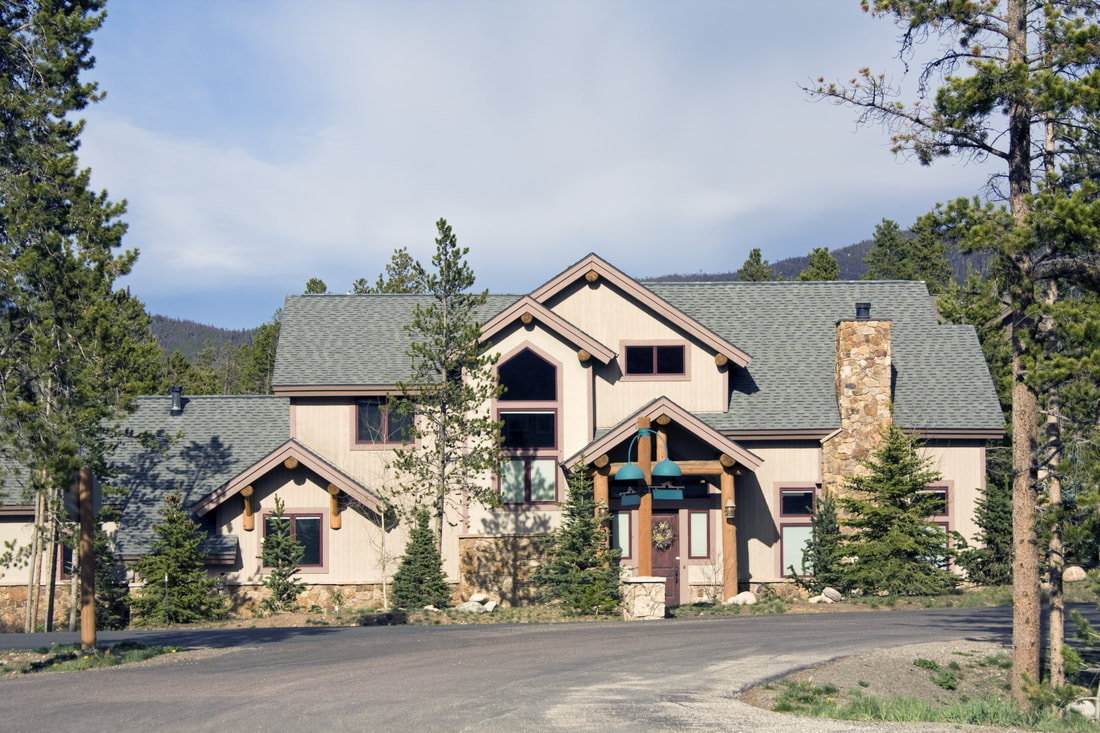
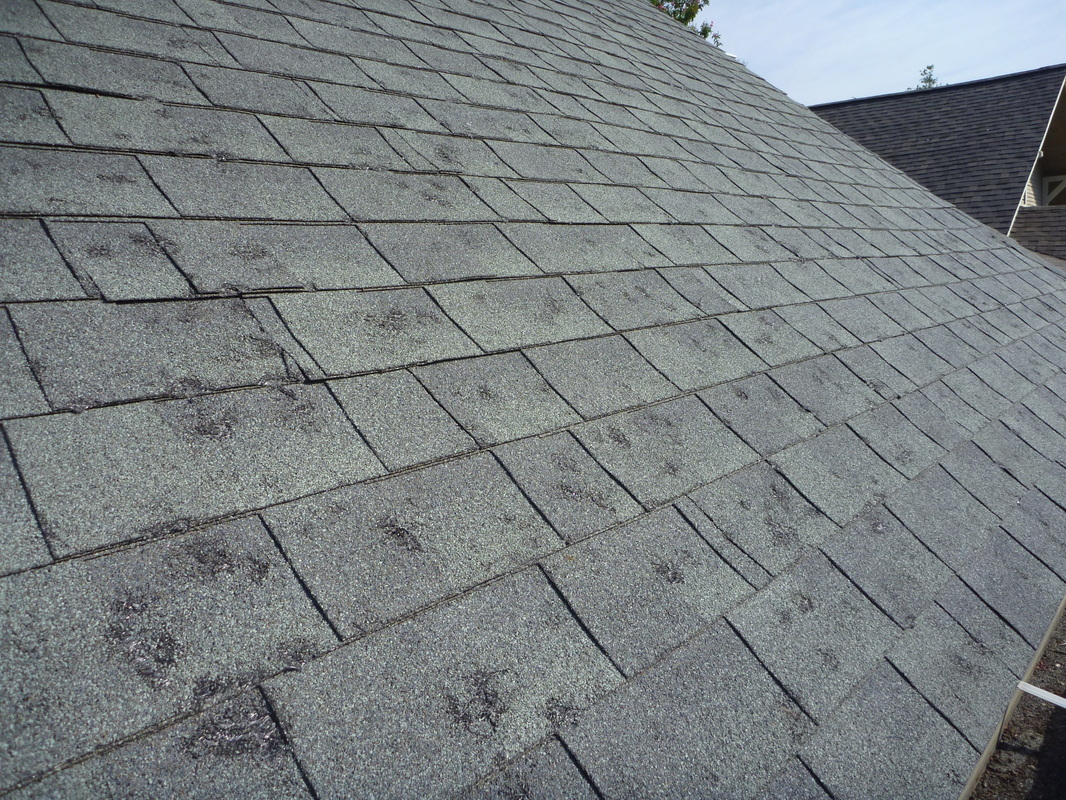
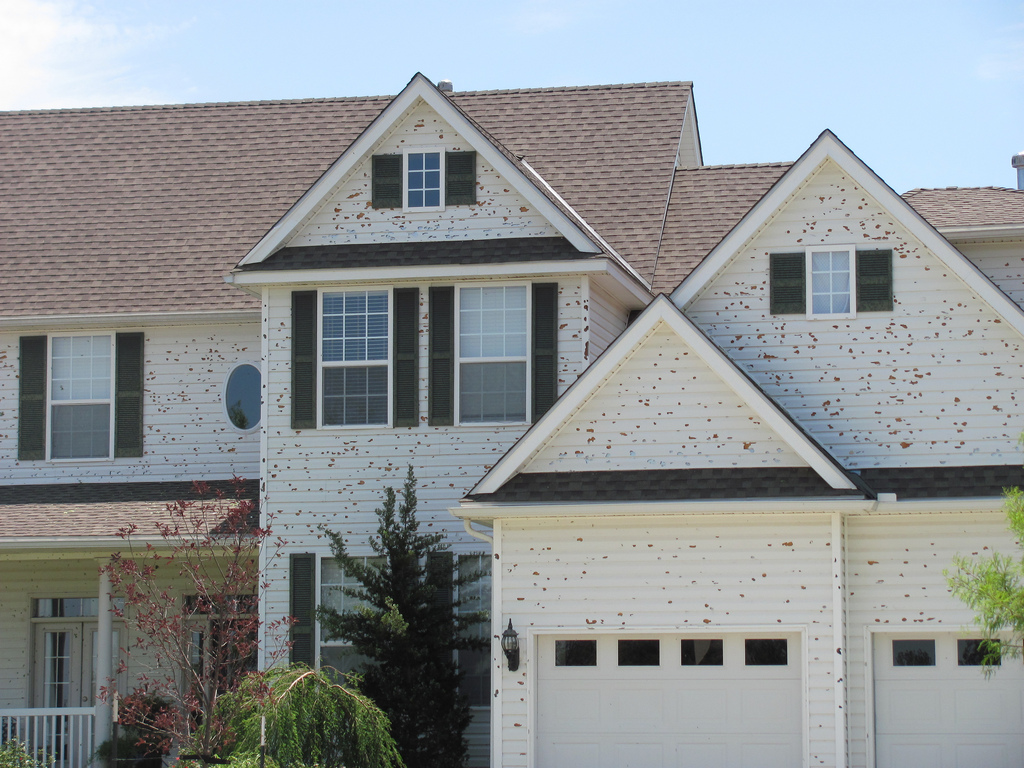
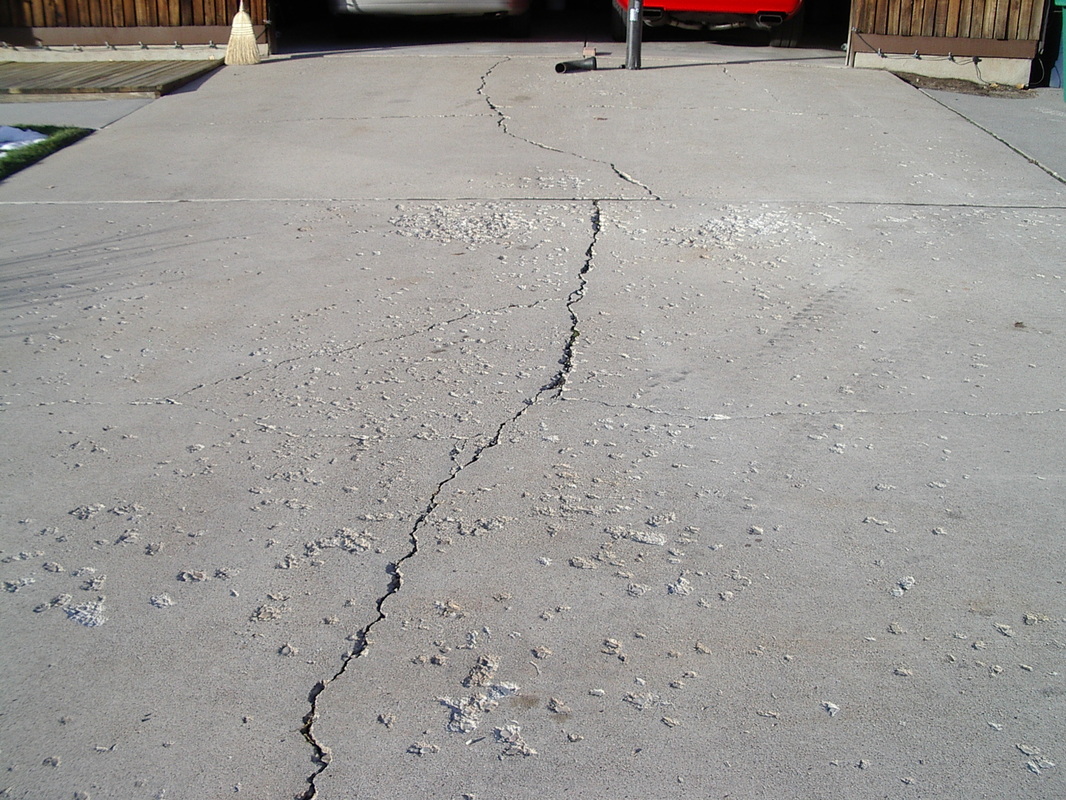
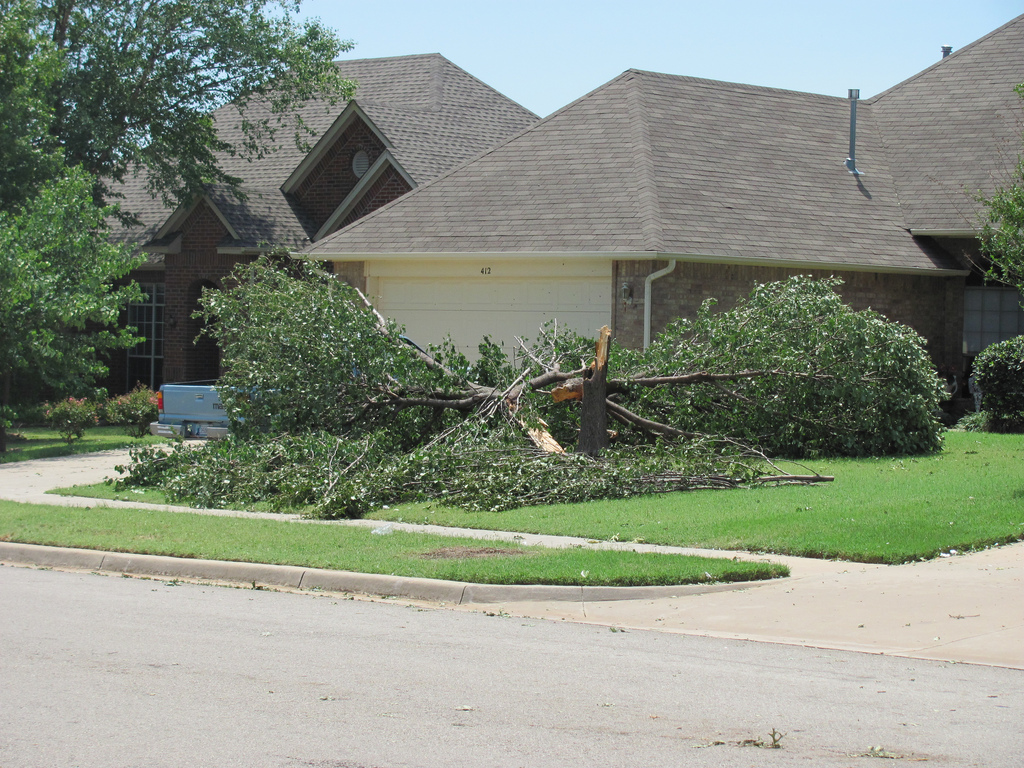
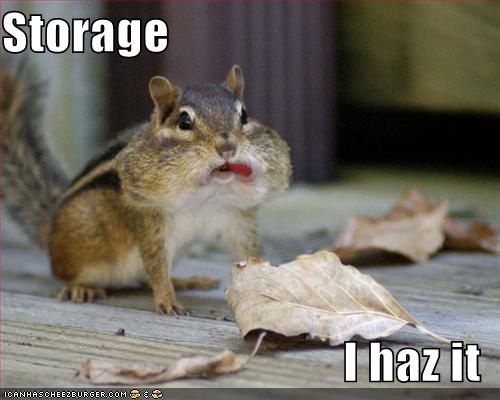
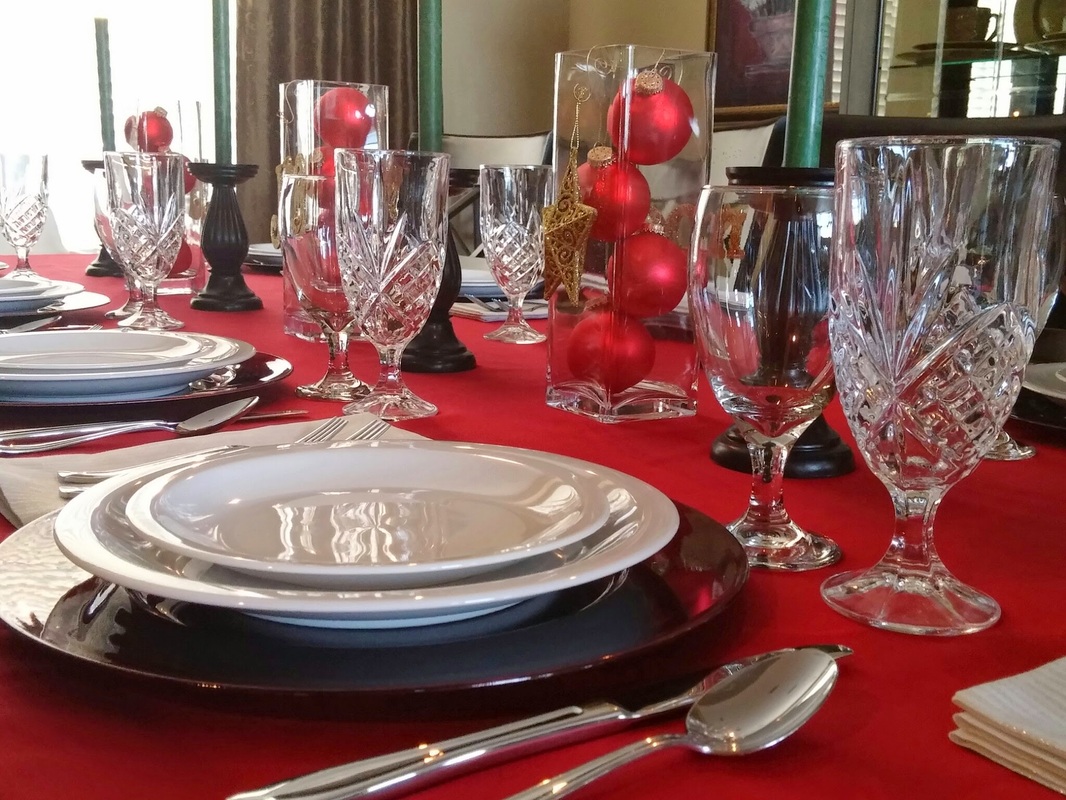

 RSS Feed
RSS Feed
